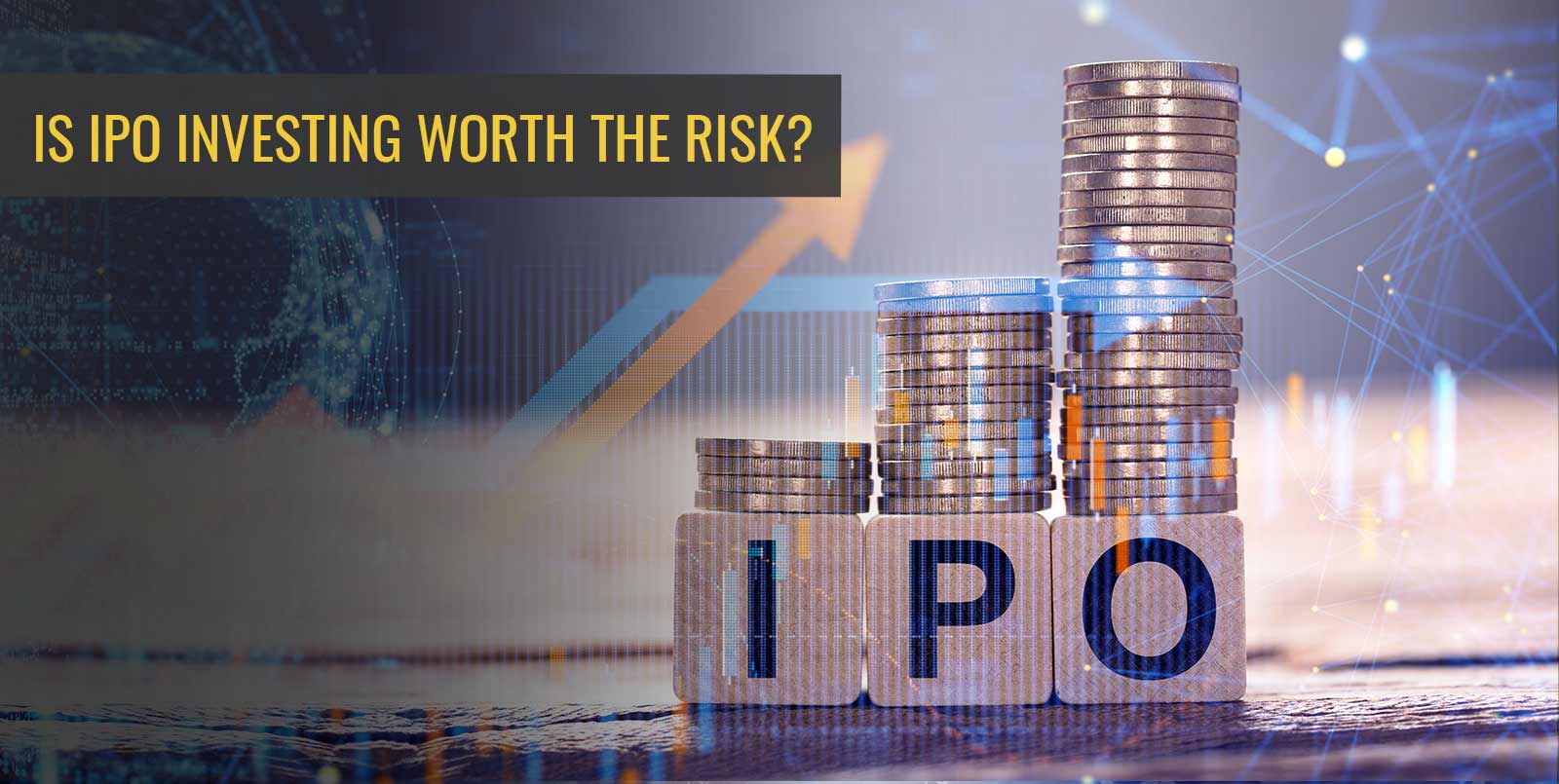

IPO investment can also result in gains and losses like investing in equities. In the IPO market, private companies sell their equities directly to the public in a process to get listed on the stock exchanges. IPOs are an instrument for companies to raise funding from the market. It allows investors to explore early investment opportunities for a potentially growing company, which can generate significant returns on their investment. However, when IPOs can generate excellent returns, they can also result in substantial capital losses. IPO investment has advantages and disadvantages; learning those in advance can help you as an investor.
IPO is a stock launch by private companies to the general public to get listed on the stock exchanges. The companies raise funds through IPO launch to finance their operation or expansion needs. Investors buy the equity shares and gain ownership of the company. The first-time scrips are launched in the primary market.
Also Read – How To Invest In IPO
IPO investment has multiple benefits.
The IPO is the time when a private company’s shares are offered to the public for the first time. So, it gives investors a perfect opportunity to enter a position in the early days.
Investors can use IPOs for short-term gains or reap long-term benefits based on their outlook on the company.
IPOs attract investors for long-term benefits. Investing in IPOs can help you gain significant returns on your investment over a period when the value of company stocks appreciates, helping you meet your long-term financial goals.
Complete details regarding the IPO share, including their price, is available in the prospectus. So, you have access to the same price information as bigger investors.
The IPO price is often the lowest. If you miss investing in an IPO, you may face buying the shares later when the company grows and the stock price skyrockets.
IPO investment also has a few disadvantages.
Like any business, IPO investment involves risks. Investing in an IPO usually requires extensive research on the firm and estimating its future growth. The risk percentage increases when you invest without understanding the business.
The performance of the IPO market is linked to the overall economy. Hence IPOs do better when there is widespread positivity in the market.
Secondly, not all IPOs are a success story. If the IPO fails to take off, you may lose all your initial investment. Sometimes, investors try to sell off right after a successful listing. But there isn’t a guarantee of finding enough buyers in the market.
Benjamin Graham advised investors to skip investing in IPOs in the value investing approach. He stated that IPO shares sell at a premium price, leaving little room for price enhancement right after the listing. He advised investors to wait for a business glitch to buy shares at a bargain price.
Here are a few things to remember while investing in an IPO.
Before bidding your money on an upcoming IPO, research the firm and its potential. Though the odds are stacked against you in the case of IPO investment, a good IPO can significantly improve your income in the long run. However, it requires discipline, time, and investigation. Open Demat account and invest in upcoming IPOs.
Published on: Aug 19, 2022, 12:06 PM IST
We're Live on WhatsApp! Join our channel for market insights & updates
